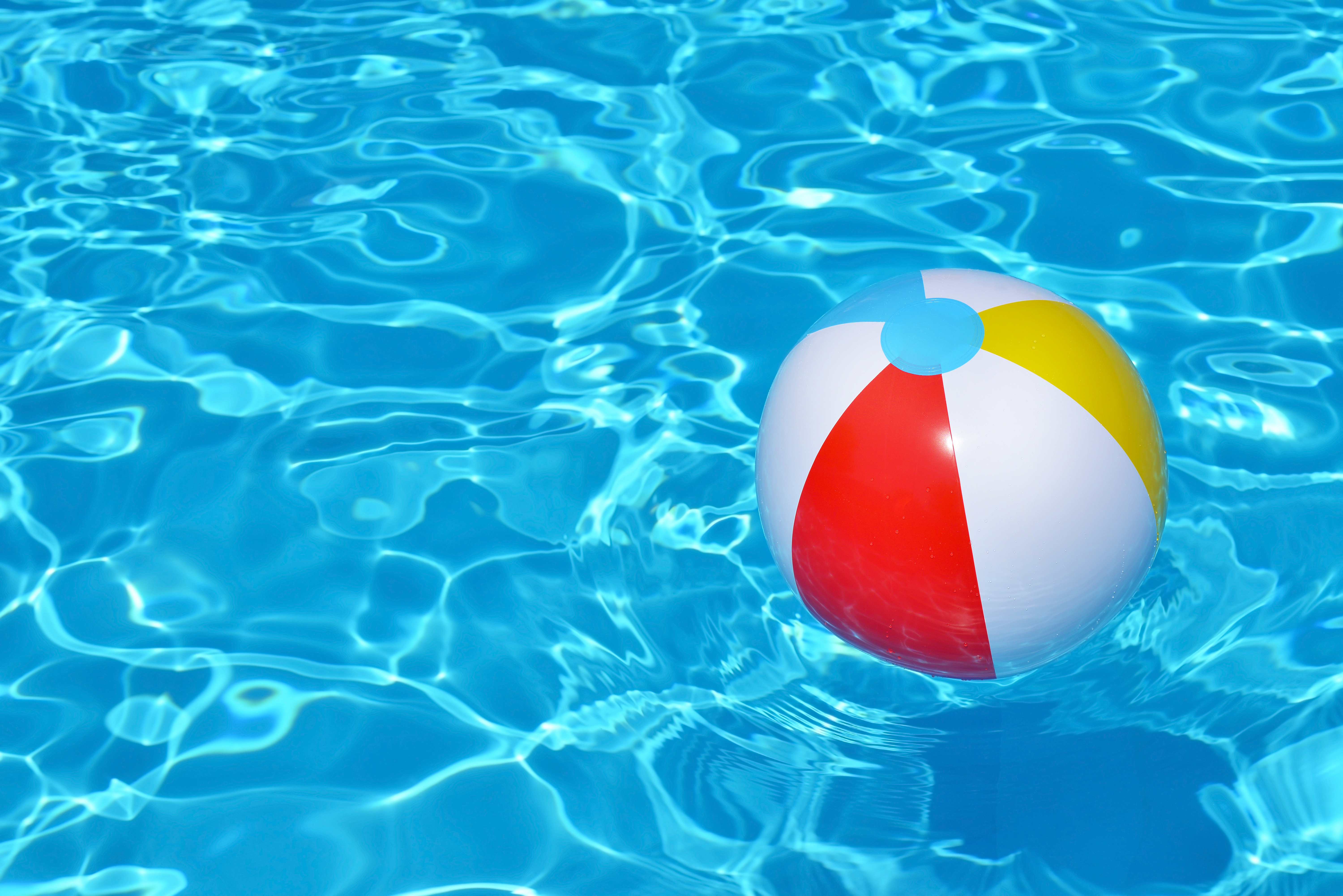
Sometimes teaching is challenging. And sometimes, it’s REALLY challenging.
For instance:
Because I’m an English teacher, I want my students to know the word “bildungsroman.” (It means, “a novel of character formation.” Their Eyes Were Watching God depicts Janie’s formation as a complete person — so, it’s a bildungsroman.)
Alas, students find tha word to be disturbingly odd: “bildungswhat???” they cry.
And the definition is at times perplexing. Are the Harry Potter novels examples of a bildungsroman? How about The Book Thief?
So, learning that definition presents a challenge.
But, other literary terms create a bigger learning challeng.
As an English teacher, I also want my students to know the definition of the word “comedy.”
In this case, my students and I face a much different problem. That is: my students think they already know what ‘comedy’ means.
They think it means, basically, “a story that’s funny.”
In the world of literary analysis, however, “comedy” doesn’t mean funny.
Basically, the definition goes like this: ” ‘tragedy’ ends in death or banishment; ‘comedy‘ ends in marriage, implying birth.” (Lots more to say, but that’s a good place to start.)
So: according to this definition, sitcoms aren’t comedy.
And all sorts of stories can be comic, even if they’re not even a little bit funny. (I just read a murder mystery which has a comic ending: one of the protagonists goes on a date — implying the potential for marriage.)
In research world, we call this problem a “prior misconception.”
That is: my students think they know the correct answer (“comedy” = funny), but the question really has a different answer (“comedy” = ending implying marriage).
Sadly, prior misconceptions make learning harder. Students’ prior misconceptions complicate the process of learning correct answers or concepts.
So: what’s a teacher to do?
A Scientific Method?
Although the examples I’ve offered focus on teaching English literary terminology, this question gets most research attention for teaching scientific concepts.
For instance: imagine pushing a solid ball underwater. How much liquid will it displace?
Younger students have an important misconception about this question. They typically think that the amount of water depends on the WEIGHT of the ball, not the SIZE of the ball.
This misconception about “displacement” will get in the way of later scientific learning, so teachers should correct it as quickly as we can. How best to do so?
A research team in Germany approached this question with a specific strategy: using surprise.
These researchers showed a video to 6- to 9-year-olds, whom they met at a natural history museum.
Half of the children were asked to predict how much water would be displaced when balls of various sizes and materials were submerged. Then they saw the actual results.
Sure enough: the children who made predictions — based on their prior misconceptions — were more surprised than those who didn’t. (Believe it or not, surprise in this case is measured by pupil dilation!)
And, those children learned more from the experiment than those who didn’t make predictions.
That is: they scored higher on subsequent tests about displacement. And — even better — they scored higher on transfer tests of this concept.
So, one potential strategy to help students overcome their prior misconceptions about the natural world:
Step one: ask them to make predictions based on those misconceptions
Step two: surprise them with real-world experiences that contradict them.
Boom: minds changed.
Strengths, and Doubts
When I first saw it, this study appealed to me for a number of reasons.
First, one author — Garvin Brod — has worked on several studies and papers that I admire. (I’ve written about another one here.)
So, when I see Dr. Brod’s name on the byline, I sit up and take notice.
Second: for a variety of technical reasons, I admire the study design. The researchers have taken great care to get the tricky details just right. (For instance: their active control condition makes sense to me.)
However, I do have concerns. (To be clear: Brod & Co. acknowledge both these concerns in their “Limitations” section.)
Concern #1: duration.
For understandable reasons, researchers measured the students’ learning right away. (The entire process took about 30 minutes.)
But we don’t want our students to change their prior misconceptions right now. We want them to change misconceptions — as much as possible — FOREVER.
This problem creates concerns because prior misconceptions are stubborn. To ensure that the “surprise” method works, it would be GREAT if we could retest participants weeks or months later.
Concern #2: contradiction.
I have seen other authors and writers raise a plausible concern. If we invoke students’ prior misconceptions before contradicting them, we run the risk of strengthening those misconceptions.
That is: students will naturally filter the new/contradictory experience through the the distorting lens of their misconceptions. And that lens is EVEN MORE DISTORTING because we just asked students to activate it.
Now at this point I have a confession: I simply can’t remember where I read that. But I remember thinking: “that sounds really plausible to me.”
So at this point, I’m honestly kind of stumped. A well-conceived study suggests the “surprise” strategy will work (at least in the short term). But other scholars in this field have plausible doubts.
Truthfully, I’m hoping one of you will know the “don’t invoke prior misconceptions!” research pool and point it out to me. If/when that happens, I’ll share it with you.
TL;DR
This study suggest that asking students to make predictions based on their prior misconceptions increases their surprise when those misconceptions are contradicted by experience.
And: that feeling of suprise helps them learn a correct conception — at least in the field of science.
However, I myself am not fully persuaded by this approach. I’ll keep a lookout for other studies in the field, and share them with you.
Theobald, M., & Brod, G. (2021). Tackling scientific misconceptions: The element of surprise. Child Development, 92(5), 2128-2141.





